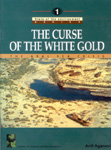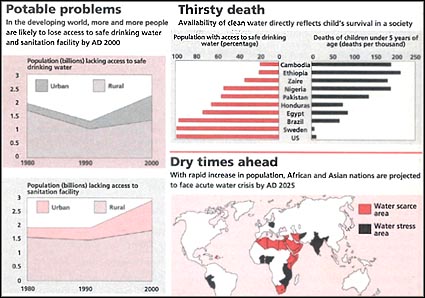State of the Climate in Asia 2024
<p>The World Meteorological Organization’s State of the Climate in Asia 2024 report warns that the region is warming nearly twice as fast as the global average, driving more extreme weather and posing
<p>The World Meteorological Organization’s State of the Climate in Asia 2024 report warns that the region is warming nearly twice as fast as the global average, driving more extreme weather and posing
Controlled scientific studies have shown that techniques like meditation can help cure depression, anxiety, diabetes, ulcers, asthma, cardiac pain and alcoholism

This publication focusses on the Aral Sea crisis - the result of economic processes set in motion by the planners of the erstwhile Soviet Union in the 1950s. It is one of the biggest ecological disasters, second only to Chernobyl, leading to a total collapse of the socio-economic life of the people.
Concentrations of persistent organochlorine residues were determined in fish collected from several locations in eastern and southern Asia and Oceania to identifythe accumulation features of such residues in tropical aquatic organisms and to elucidate their distribution in tropical developing countries. DDT and its derivatives (DDTs) were the predominantly identified compounds in most locations.

A new regional treaty to usher in dams on the Mekong river has drawn flak from environmental groups
The two volumes are the result of the combined effort of CUSO***, a Canadian NGO, and environmentalists from Asia. The contributors share their experiences on a wide range of issues ranging from

The world is heading towards a water crisis. The doubling of the world's population between 1940 and 1990 has led to a doubling in per capita use of water, from 400 to 800 cubic metres per person
This comprehensive manual presents a package of proven field techniques in wildlife management and research.
Long range vision marked the mid-November summit of the Asia-Pacific Economic Cooperation (APEC) in Jakarta, Indonesia. apec called upon its industrialised members and other developing members to

With growing pollution and staggering waste levels, the world's largest continent is fast emerging as the most lucrative hunting ground for firms hawking clean up technologies